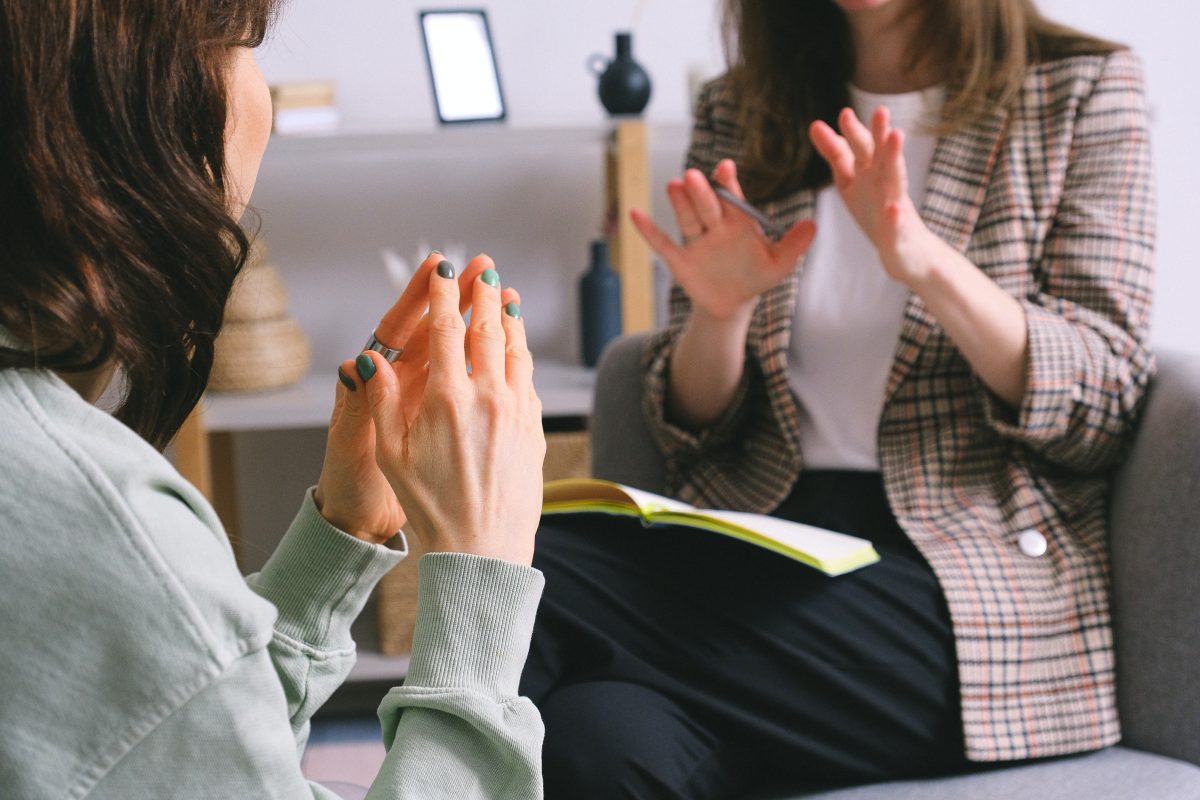Asking for help is an important start to the therapeutic process – all it takes is a free 15 minute conversation.
When you think about booking your first therapy appointment, you are likely to ask yourself some common questions. Some of these might be;
- How do I know if this problem can be helped by therapy?
- How am I supposed to act / behave in therapy – what is expected of me?
- What are Mark’s credentials?
- Is online or in-person therapy best for me?
- Should I book couples therapy or individual psychotherapy?
While reading can be useful, you have specific questions about your personal circumstances that need my attention – which is where a free 15 minute conversation comes in.
What happens during your free 15 min. conversation?
This conversation is an opportunity for you to explore the following:
- Why you are considering therapy
- How you’d like to work (i.e. online or in-person and how often)
- What you’d like to achieve
The conversation will happen via phone and I will ask you open questions about your circumstances, goals and challenges. You will also have the opportunity to ask me questions too. You might want to know more about my background, approach, preferred way of working, and also what is expected of you as a client.
There is no right or wrong way to use this time
Ultimately, the goal should be a sense of clarity on whether or not therapy with me will be the right path for you. To get the most out of the conversation, please ensure that you are in a quiet and confidential environment. If you are accessing a conversation as a couple, please ensure both parties are present for the call.
After this no-obligation conversation, you’ll be able to decide on a direction forwards, having been given all the information.
Why is such a conversation important?
A 15 minute conversation allows us to begin our therapeutic relationship. Like with any relationship, there has to be a period of getting to know each other which is what this conversation is for. The advantages of doing this are:
- By the time our first session commences, you’ll already have an early sense of who I am. I will have a beginning of an understanding of why you are accessing therapy
- It equips me with the knowledge about what kind of therapy you might benefit from, so that I can prepare and plan for our sessions
- You will feel more comfortable when therapy begins because you’ll know what is expected from you, and what to expect from me / therapy
- You’ll have a better understanding of terms like ‘therapy subscription’ and ‘24 hour access’ in the therapeutic context
- You’ll have received clear details about time limits, confidentiality, the ‘online environment’ (if applicable) and payment options including special offers, which frees us up to talk about what really matters during our sessions
- You’ll gain clarity on what kind of commitment you want to make


